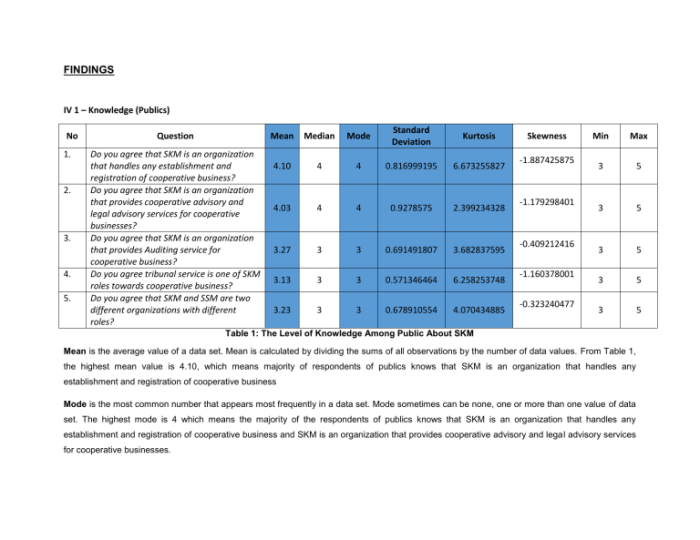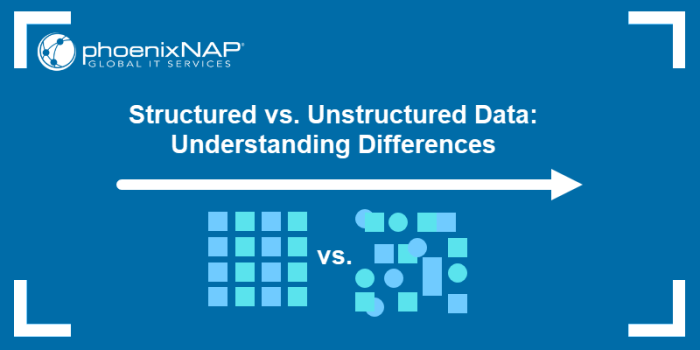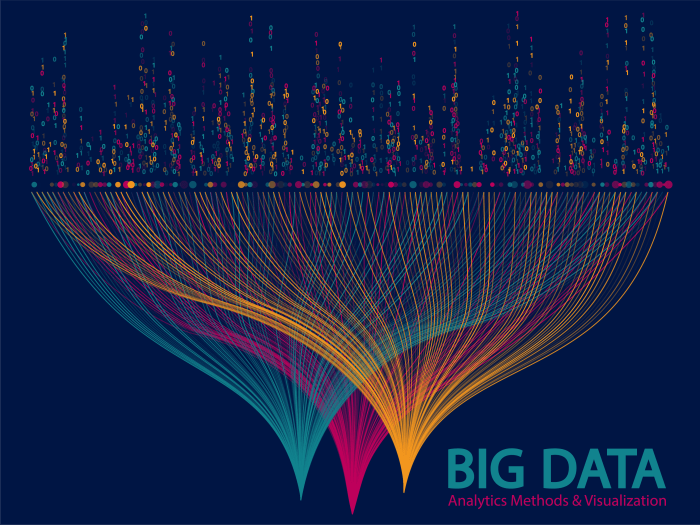Self reflection unstructured data answers – Self-reflection unstructured data answers unlock a transformative journey of personal growth, empowering individuals to gain profound insights into their thoughts, emotions, and experiences. This article delves into the nature of unstructured data, its significance for self-reflection, and practical techniques for extracting meaningful answers from this rich source of information.
By exploring the challenges and opportunities of using unstructured data for self-reflection, we uncover its potential to enhance self-awareness, foster emotional intelligence, and drive positive behavioral change. Case studies and real-world examples illuminate the practical applications of self-reflection unstructured data analysis, demonstrating its impact on personal development and well-being.
Understanding Self-Reflection
Self-reflection is the process of examining one’s thoughts, feelings, and behaviors in order to gain a better understanding of oneself. It involves critically evaluating one’s strengths, weaknesses, values, and motivations, and it plays a significant role in personal growth and development.Engaging
in self-reflection offers numerous benefits. It helps individuals identify areas for improvement, set realistic goals, and develop effective strategies for achieving them. It also fosters self-awareness, which is crucial for making informed decisions, building healthy relationships, and living a fulfilling life.There
are various ways individuals can practice self-reflection. Some common methods include journaling, meditation, and talking to a trusted friend or therapist. Self-reflection can be a challenging but rewarding endeavor, as it requires honesty, introspection, and a willingness to confront one’s own shortcomings.
Unstructured Data and Self-Reflection

Unstructured data refers to any data that is not organized in a predefined structure or format. It encompasses a wide range of data types, including text, images, videos, and audio recordings. Unstructured data is becoming increasingly prevalent in today’s digital age, as individuals generate vast amounts of data through social media posts, emails, and other online activities.Unstructured
data is particularly relevant to self-reflection because it can provide valuable insights into an individual’s thoughts, feelings, and behaviors. For example, analyzing social media posts can reveal patterns in an individual’s communication style, emotional state, and interests. Similarly, analyzing emails can provide insights into an individual’s work habits, relationships, and decision-making processes.However,
utilizing unstructured data for self-reflection also presents certain challenges. The sheer volume of unstructured data can make it difficult to extract meaningful insights. Additionally, unstructured data is often fragmented and inconsistent, which can make it difficult to analyze.
Analyzing Unstructured Data for Self-Reflection: Self Reflection Unstructured Data Answers

To effectively analyze unstructured data for self-reflection, a variety of techniques and tools can be employed. Natural language processing (NLP) is a powerful technique that allows computers to understand and analyze human language. NLP can be used to extract key themes, emotions, and relationships from unstructured text data.Machine
learning algorithms can also be used to analyze unstructured data. These algorithms can be trained on labeled data to identify patterns and make predictions. For example, a machine learning algorithm could be trained to identify positive and negative emotions in social media posts.Once
unstructured data has been analyzed, it is important to extract meaningful insights. This can be done by identifying patterns, trends, and relationships in the data. For example, an individual may discover that they tend to use more positive language on weekends than on weekdays.
This insight could lead to the realization that they need to prioritize activities that bring them joy and fulfillment.
Applications of Self-Reflection Unstructured Data Analysis

Self-reflection unstructured data analysis has numerous practical applications. It can be used to improve personal development, enhance communication skills, and build stronger relationships.For example, an individual may use self-reflection unstructured data analysis to identify areas for improvement in their communication style.
By analyzing their emails and social media posts, they may discover that they tend to use overly formal language or that they often interrupt others. This insight could lead to the development of strategies for improving their communication skills.Self-reflection unstructured data analysis can also be used to enhance personal development.
By analyzing their social media posts and other online activities, individuals can gain insights into their strengths, weaknesses, and values. This information can be used to set realistic goals and develop effective strategies for achieving them.
Ethical Considerations

When using unstructured data for self-reflection, it is important to consider the ethical implications. Privacy and data security are paramount, as unstructured data often contains sensitive personal information. It is essential to obtain informed consent from individuals before using their data for self-reflection purposes.Additionally,
it is important to be transparent about the use of unstructured data for self-reflection. Individuals should be informed about the purpose of the analysis and how their data will be used. They should also have the right to access and correct their data if necessary.By
adhering to ethical guidelines, individuals can ensure that self-reflection unstructured data analysis is conducted in a responsible and respectful manner.
Common Queries
What is unstructured data?
Unstructured data refers to any type of data that lacks a predefined structure or schema. It can include text documents, emails, social media posts, images, videos, and audio recordings.
How can unstructured data be used for self-reflection?
Unstructured data provides a rich source of information about our thoughts, emotions, and experiences. By analyzing this data using appropriate techniques, we can gain insights into our patterns of behavior, identify areas for improvement, and foster greater self-awareness.
What are some ethical considerations when using unstructured data for self-reflection?
Privacy and data security are paramount when dealing with unstructured data. It is essential to ensure that data is collected and analyzed ethically, with the consent of the individuals involved. Respect for privacy and adherence to data protection regulations are crucial.